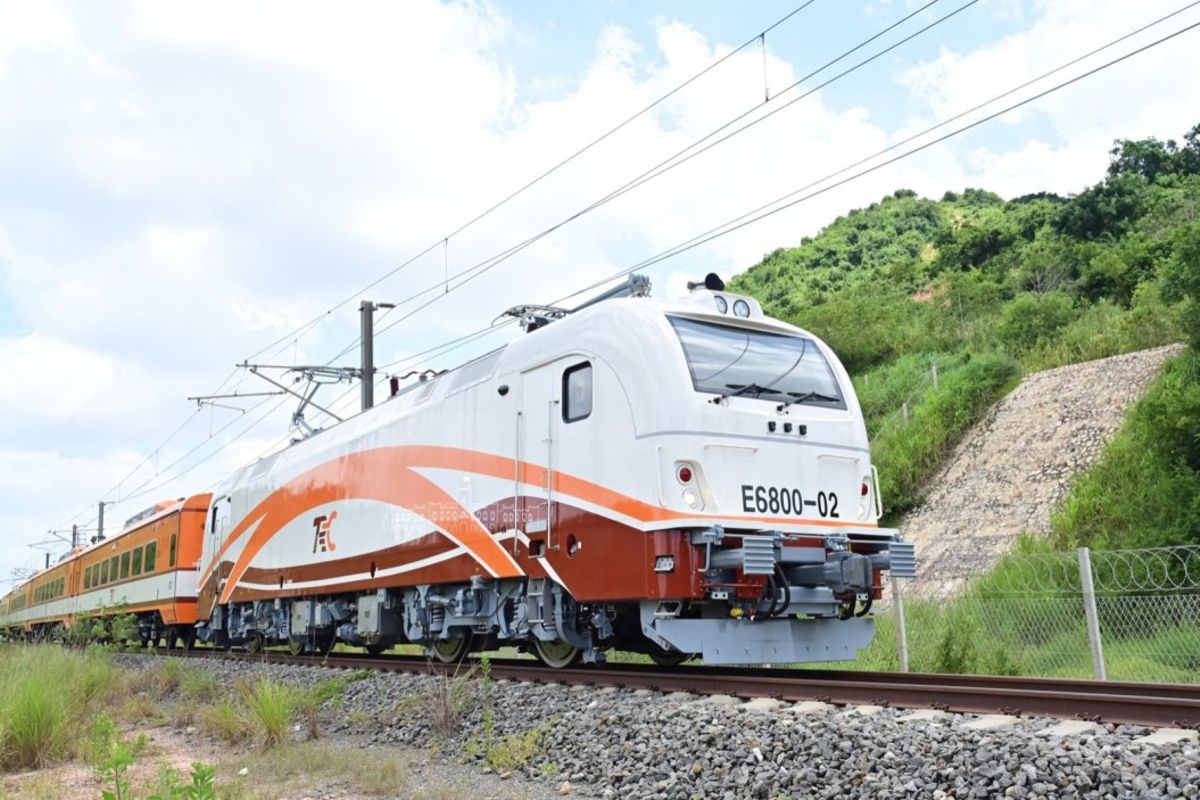OPINION: Rwanda: What makes Rusesabagina, Kabuga the same – yet so different
The Rwandan government over the weekend announced that the Rwanda Investigation Bureau (RIB) had arrested Hotel Rwanda hero Paul Rusesabagina – and that he was being held in the capital Kigali.
Rusesabagina says that he is being treated well, and was even allowed to have an interview with a journalist (identity not revealed) in which he revealed nothing much.
Fourteen charges are being preferred against him by state prosecutors, and all that he is asking from his captors is a fair trial.
The circumstances of his arrest are somewhat unclear. While Rwandan President Paul Kagame says Rusesabagina flew into Rwanda of his own accord, other reports are that he was kidnapped in Dubai and taken to Rwanda willy-nilly.
Indeed, some questions remain unanswered. For example, why would a fugitive virtually get himself into the hands of people who were feverishly hunting him for alleged criminal perpetrations, pray?
In any case, Rusesabagina is a lonely man today, languishing in a police cell – apparently abandoned by the Belgians and Americans who, in 1994, watched on as the Interahamwe militia butchered hundreds of thousands of Tutsi, Twa and moderate Hutus in what became known as the Rwandan Genocide that claimed some 800,000 lives in just 100 days of massacre in 1994.
His role then helped save some Tutsi and moderate Hutus as depicted in several writings, and also in Hotel Rwanda, an MGM 2004 drama film whose plot was adapted from a screenplay co-written by George and Keir Pearson – with the principal stars being Don Cheadle as hotelier Paul Rusesabagina, and Sophie Okonedo and his wife Tatiana.
Rusesabagina’s arrest came a few months after French police arrested fugitive businessman Félicien Kabuga in Paris on May 16.
Kabuga is accused of being the chief financier of the 1994 genocide, and had been on the run since then, residing in various countries until his luck ran out in May.
A former wealthy businessman, Kabuga faces seven criminal charges including “genocide”; “complicity in genocide”; “incitement to commit genocide,” and “crimes against humanity”.
The founder and financier of the ‘Radio-Télévision Libre des Mille Collines’ (RTLM) – which broadcast hate messages and called for the extermination of Tutsis – Kabuga is alleged to have imported several tonnes of machetes that were used in the genocide, and transporting Interahamwe militiamen to sites of the massacres.
Formed around 1990 as the youth wing of the-then ruling party of Rwanda, the National Republican Movement for Democracy and Development (MRND), the Interahamwe were allegedly the main perpetrators of the April- July 1994 Rwanda genocide.
The Kabuga of today is a far cry from the Kabuga who was among the richest and most influential Rwandans. Today, he cowers in fear in a wheelchair pushed by a French police officer into and out of a silent courtroom, where all eyes are on him.
To his right are members of his family who text him messages of support in ki-Nyarwanda.
To his left are representatives of the genocide survivors – not many of whom believed they would ever see Kabuga in court.
How Kabuga managed to evade the long arm of the law for so long is something that deserves another dramatic movie, perhaps along the lines of the 2004 Hotel Rwanda.
Until his arrest in Asnières-sur-Seine, near Paris, on May 16, Kabuga was one of the last ‘big fish’ who were still being hunted by the mechanisms established to wind up the functions of the International Criminal Tribunal for Rwanda.
The authorities are now working on modalities to transfer Kabuga to Arusha in Tanzania to face trial.
The genocide broke out in Rwanda in 1994 after a plane crash that killed President Juvenal Habyarimana and Burundi President Cyprian Ntaryamira near the Kanombe/Kigali International Airport – formerly the Grégoire Kayibanda International Airport.
After the mayhem that followed the plane crash, the two men – Paul Rusesabagina and Félicien Kabuga – took opposite paths. Today, however, they are facing the law for crimes allegedly committed inside and against their mother country.




